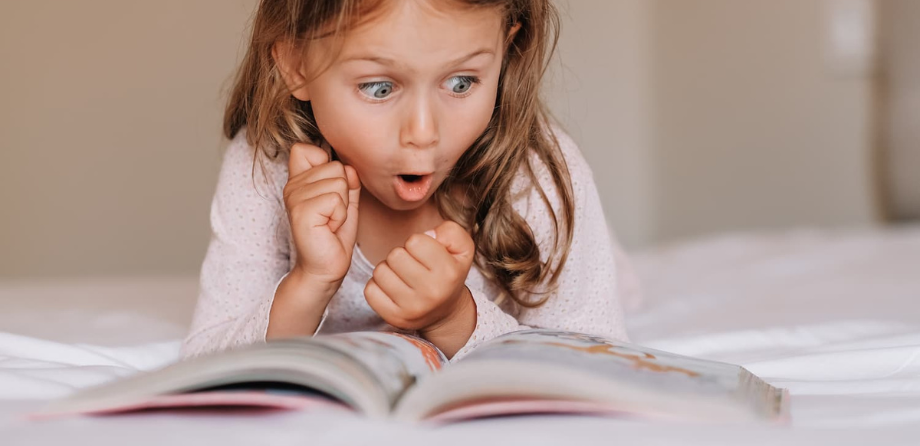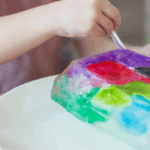
EYFS communication and language: 10 top tips
See 10 top tips to help practitioners understand how to support young children’s EYFS communication and language development effectively.
Early years practitioners have an amazing opportunity to support children to develop their EYFS communication and language skills.
The ability to listen, understand and communicate is vital in order to be included and thrive in society, whether through building relationships, education and learning, or finding work. We have put together 10 steps to help practitioners understand how children develop their speech and language skills and how they can best support them.
- The first three years of life are recognised as the most intensive period for acquiring speech and language skills.
These early years need to be filled with experiences of sound and language. Otherwise, delays in the development of language can occur. - . Language and speech development are different.
Language is a set of shared rules that allows a person to express their ideas in a meaningful way and understand the ideas of another. The four main language skills are:- Attention and listening
- Receptive language
- Expressive language
- Auditory processing and memory.
- Speech is talking.
It involves coordinating the muscles of the lips, jaw, tongue and vocal cords in the throat to produce recognisable sounds.
Children may have difficulty with some of these skills and so may present as having a stammer or stutter when talking, or be unable to say certain sounds. It is important to monitor children if you notice them having difficulties, as early interventions may be needed to help them progress with their speech and language development. - Most children develop receptive language skills before expressive language skills.
This means they can understand words long before they can say them. For example, a toddler may not say any words, but if they are asked to get their coat and shoes, they are able to follow the instruction. - Most children and babies follow recognisable stages in their language development.
For example, the use of the word ‘mama’ or ‘dada’ in a non-specific way starts around seven months, developing into recognising that they relate to mummy or daddy from around nine months. Gestures, such as waving ‘bye-bye’ are normally around nine months and recognisable words will start from around eleven months. - The average four-year-old will reportedly have a receptive vocabulary (understand) of 8,000 words and an expressive vocabulary (say) of 2,300 words.
By the age of seven, they should typically be able to recognise and use around 10,000 words. - Language skills are known to develop more readily in environments with lots of sound, sights and consistent exposure to the speech and language of others.
There are times within the early years where exposure to language and sound is received more readily by the brain, and this time needs to be optimised to help them develop effectively. It does not matter which language(s) they hear, the skill development remains the same. - Attention and listening skills are essential for children to be able to recognise sounds and words, learn what they mean and how to use them.
Children tend to have naturally short attention spans and so developing their ability to focus on activities for increasing periods of time will support them to learn effectively. Children with communication needs are frequently identified as having poorer attention skills and difficulties with concentration. - A child may have difficulty keeping their attention some of the time or all of the time.
It could be down to too much background noise or distractions, adult language being too complicated or a middle ear infection, among many other reasons. - Nursery rhymes encourage listening skills.
Using rhythm and rhyme from birth helps kick start the auditory processing centres. It is well documented that children who can learn words of songs easily have strong pre-literacy skills and develop reading skills more easily.
Young children learn to communicate by enjoying interactions with others. From narrating what is happening in the day when they are babies, to chatting about the latest adventures of their favourite characters, talking to children is a powerful way to develop their speech and language development.
More support on EYFS communication and language:
- Online course: Vocabulary and early language skills
- Champions programme: Communication and language.
- England
- Communication
- EYFS
Similar Articles
Top tips: Supporting your team’s well-being

Early years activity: Frozen balloon explorers


